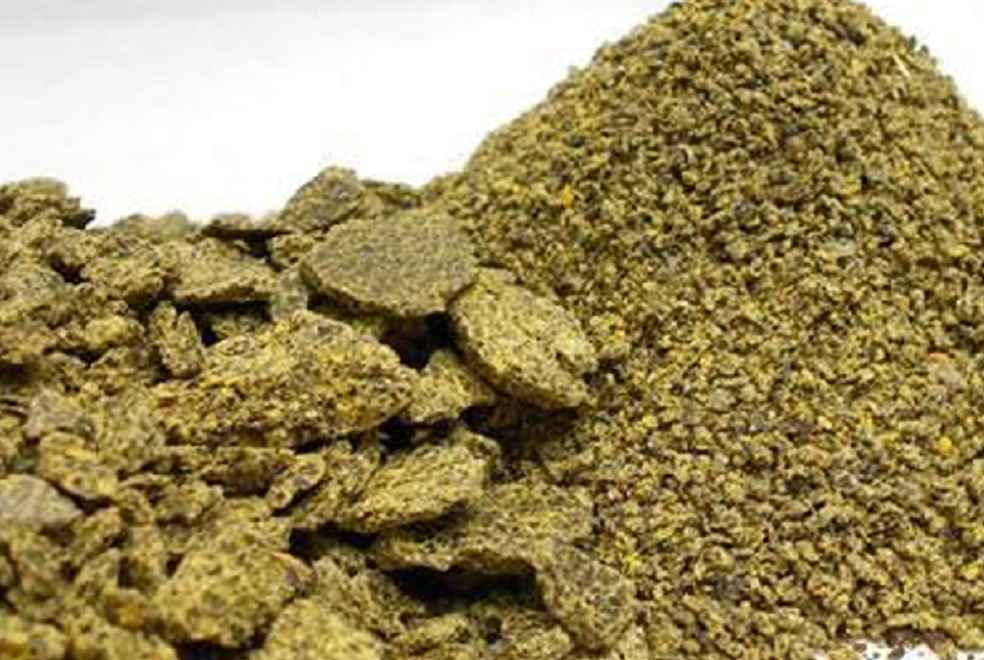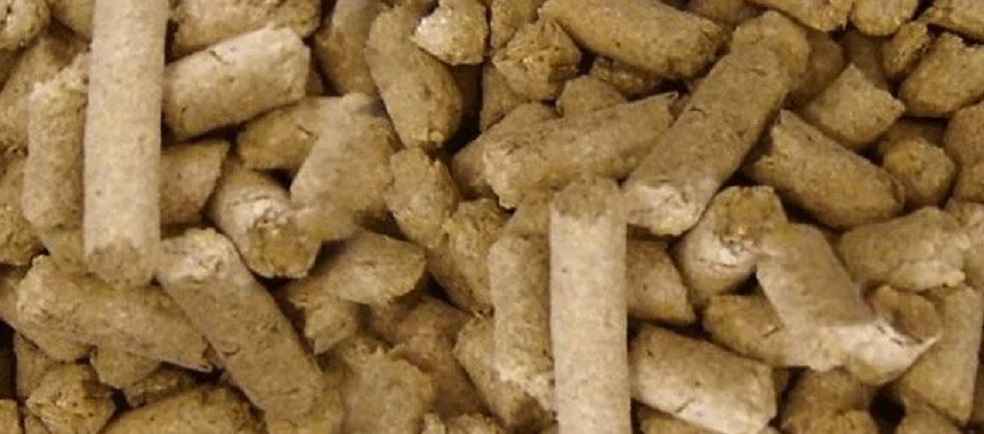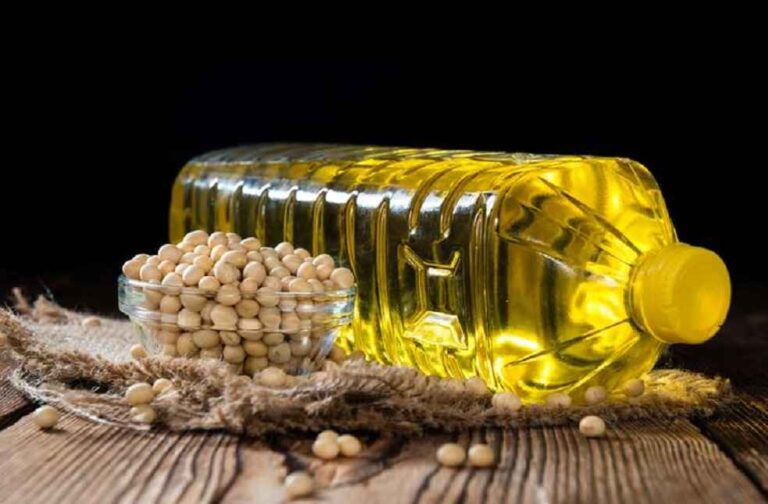Oilmeal exports of India have fallen sharply by 17% in the first two months of the 2024-25 fiscal year, signaling trouble in the agricultural trade sector. The Solvent Extractors’ Association of India (SEA) reports that exports totaled only 7.67 lakh tonnes in April and May, a drop from 9.30 lakh tonnes during the same period last year.
May 2024 saw a particularly steep decline, with exports at just 302,280 tons, 31% lower than the 436,597 tons shipped in May 2023.

This reduction is closely linked to falling exports of key products such as rapeseed meal and castor seed meal. Diminished demand from major markets like South Korea, Thailand, Vietnam, and Bangladesh has contributed to the downturn. For instance, South Korean imports declined to 166,583 tons from 189,705 tons, and Vietnam’s imports nosedived from 142,285 tons to 32,699 tons.
The slump in rapeseed meal exports is especially stark, with Vietnam and Thailand recording dramatic declines that have deeply impacted overall export volumes.

India’s ban on exporting de-oiled rice bran, crucial for animal feed escalated the challenges. Previously, India has exported 500,000 to 600,000 tons of this commodity annually to Vietnam and Thailand. The ban, imposed last July amid rising domestic fodder prices, has disrupted this segment of the trade.
The SEA has lobbied against the continuation of this ban past July 31, 2024, pointing to falling prices for de-oiled rice bran and better availability of alternatives like DDGS (Distillers Dried Grains with Solubles).
BUSINESS GENERAL | China Boosts Dairy Production, Reshapes Global Trade and Challenges Exporters



